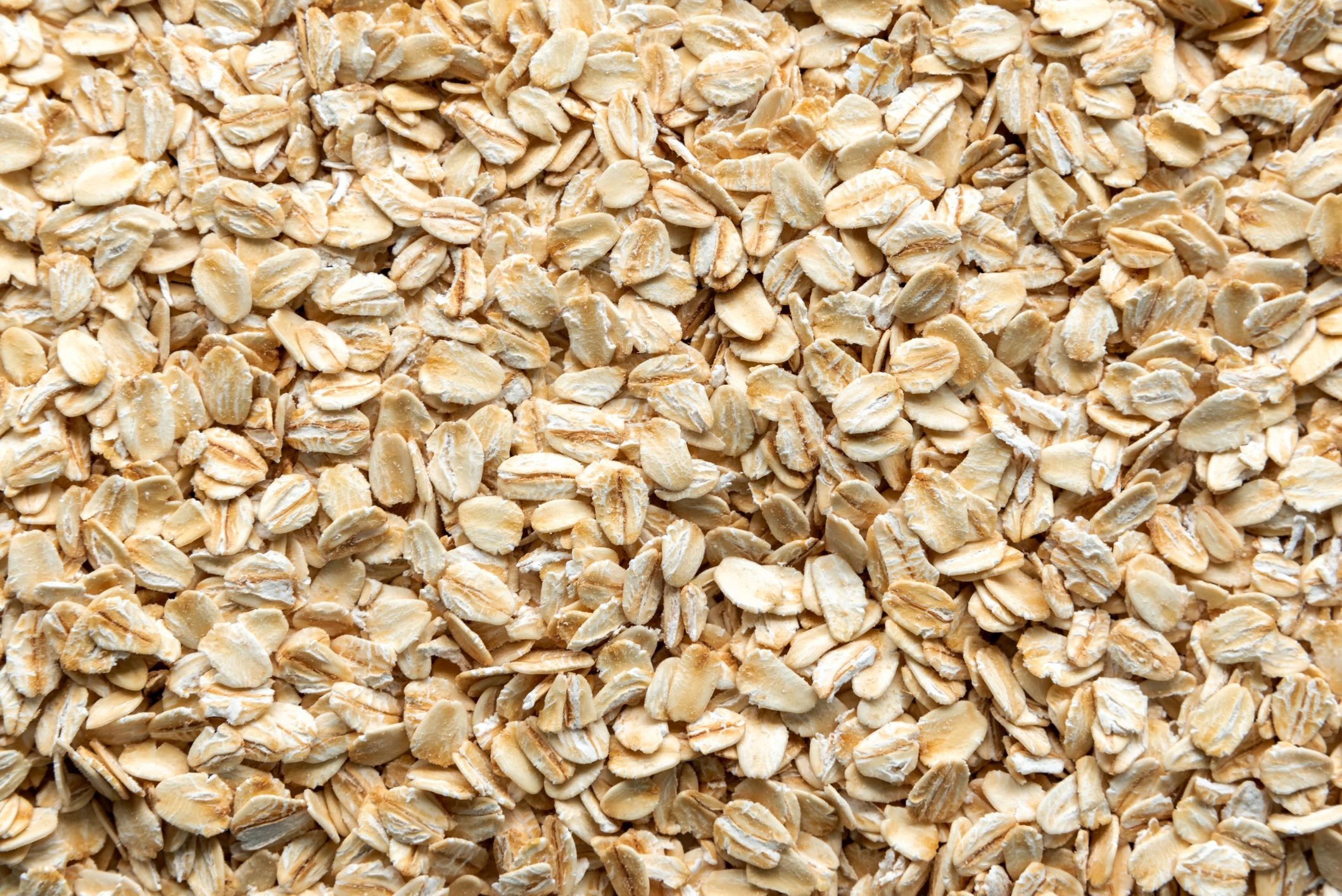Call it a comfort food in more ways than one—and the chilly season is the perfect time to incorporate more of it into your diet.

Eat This One Breakfast To Lose Weight and Lower Your Blood Sugar, New Study Says

Look just about anywhere on the internet, and you’re likely to see Ozempic-inspired hacks for losing weight and managing your blood sugar—often which suggest you need to eliminate carbohydrates to trim down. Many of these have been debunked as more fad than fact, and now a study suggests that eating one cozy breakfast food may in fact offer a shortcut to both benefits…and, it’s a carb.
As the researchers behind the new study in Germany explain, that’s because high body weight, insulin resistance, and type 2 diabetes are all closely related.
“Being overweight is a relevant contributor to the development and progression of type 2 diabetes mellitus (T2 DM) and leads to decreased insulin response and subsequently to diminished pancreatic insulin secretion later in the course of the disease,” states the August 2024 study, published in the Journal of Clinical Medicine. “Furthermore, [being] overweight is a contributor to insulin resistance (IR),” which they add is related to high blood pressure and problems with cholesterol-related blood values.
Beyond exploring the connection between these metabolic conditions, the study authors probed how one particular dietary change—regularly eating oats—correlated with insulin reduction, weight loss, and diabetes risk. “Oat consumption is considered a useful form of dietary intervention on poorly controlled [type 2 diabetes],” they wrote. “Research has suggested that ingredients in oats, mainly beta glucan as a source of soluble fibers, may contribute to lowering glucose and cholesterol.”
Also encouraging was the team’s assessment of the “feasibility and practicability” of regularly eating oats to manage these metabolic effects. They found that the majority of study subjects were able to adhere to the prescribed plan of including oats in their diets during the three-month study period.
Though the researchers emphasize that many people living with diabetes or pre-diabetes will still require medication, they also call lifestyle modifications a “cornerstone” of insulin resistance management. In other words, people with diabetes or a high risk of diabetes should benefit from dietary changes and increased physical activity levels, as long as they are also taking any medications their doctor has prescribed.
So, if you’re looking to manage your weight and your blood sugar in one fell swoop, eating more oats may be one simple and side effect-free way to do just that. Speak with your doctor to create a customized plan for managing your weight and blood sugar through diet, exercise, and medication as needed—and remember to keep those oatmeal toppings healthy.
For daily wellness updates, subscribe to The Healthy @Reader’s Digest newsletter and follow The Healthy on Facebook and Instagram. Keep reading:
